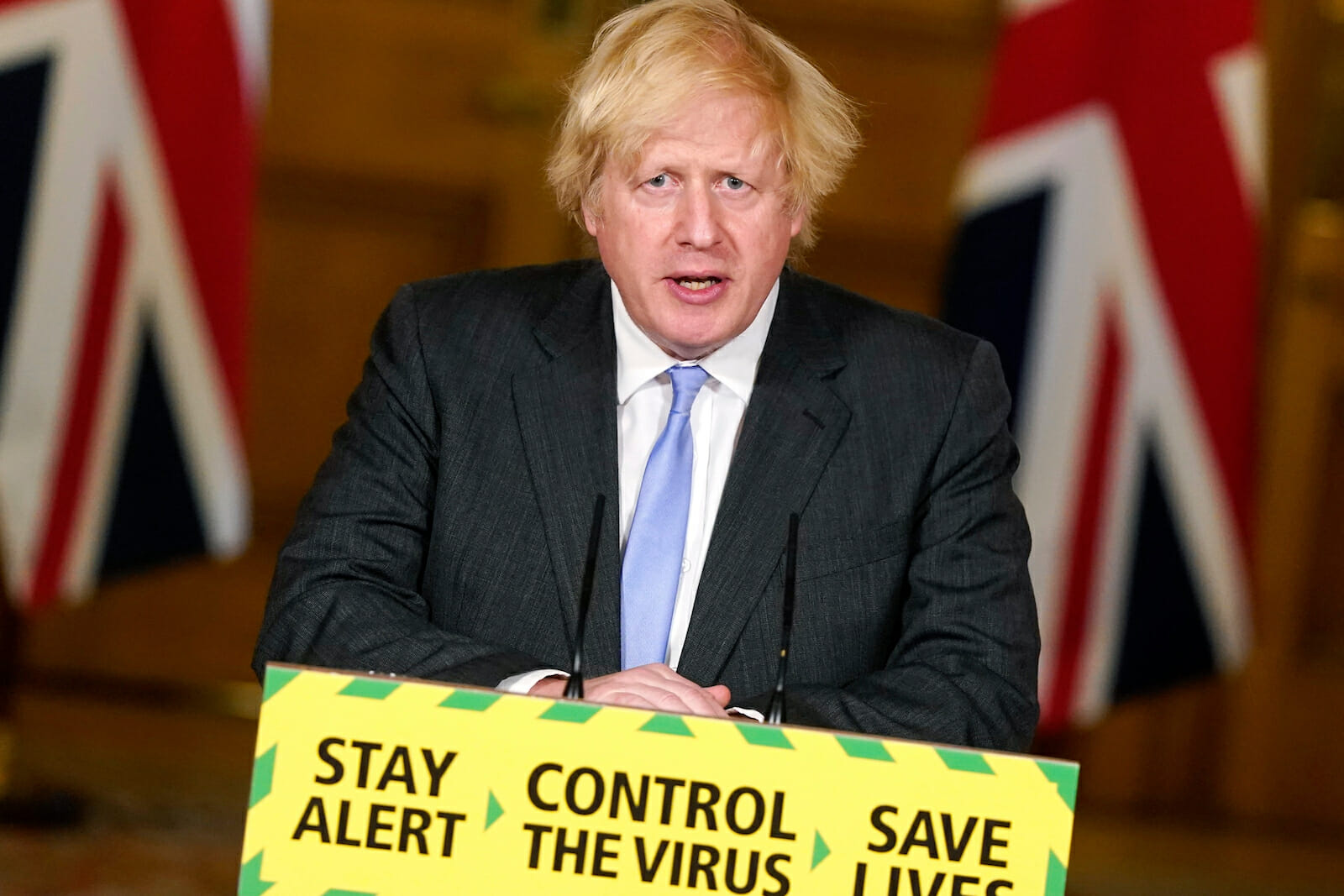
While the Shark Still Swims: Boris Johnson, Super Saturday and Super Responsibilities
By most accounts, the response of UK Prime Minister Boris Johnson to the coronavirus pandemic has been abysmal. When the architect of the response himself catches the virus, he is either a more informed person for his sin or a buffoon in need of serious chastising.
In June, the prime minister claimed pride in announcing a new commitment for the majority – and a thumping one at that – of COVID-19 tests to be processed within 24 hours. Marvelous news to behold, except that Johnson had also revealed how he was getting a meaty grip on cabinet committees, thereby taking “control” of the pandemic response. The response from Labour’s Keir Starmer was one of quizzical disdain. “So an obvious question for the prime minister: who’s been in direct control up till now?”
A hail of dissimulation followed by way of reply. “I take full responsibility for everything this government has been doing in tackling coronavirus, and I’m very proud of our record. If you look at what we have achieved so far, it is considerable. We have protected the NHS, we have driven down the death rate. We are now seeing far fewer hospital admissions.”
When he is caught out, either by means of offending a person, race, or country, his approach is one of the half-hearted apology, often served with a good backhand. “By mumbling vague apologies and failing to individuate his words,” suggests Arianne Shahvisi in the London Review of Books, “Johnson creates an aura of harmless stupidity that makes him seem like a friendly, slovenly underdog to a nation with a soft spot for incompetence.”
There is certainly much to apologise for in terms of how Britain has handled the spread of COVID-19. We will never know the full extent of what the death toll might have been had the lockdown been introduced say, a week earlier, but estimates abound. James Annan, a scientist who admittedly earns his crust in the field of climate prediction, claimed in May that a lockdown that had come into force one week earlier “would have saved 30,000 lives in the current wave (based on official numbers, which are themselves a substantial underestimate). It would also have made for a shorter, cheaper, less damaging lockdown in economic terms.”
Professor Neil Ferguson, Johnson’s former adviser on dealing with the virus, had his own calculation to mess the stable of policy. “Had we introduced lockdown measures a week earlier,” argued Ferguson before a committee of MPs, “we would have reduced the final death toll by at least a half.” (Ferguson, it should also be said, breached the very lockdown measures he had advocated, necessitating his resignation.) He singled out the disaster that befell care homes. “We made the rather optimistic assumption that somehow the elderly would be shielded.” While the Scientific Advisory Group on Emergencies had “anticipated in theory” the risk, “extensive testing to make sure it doesn’t get in” did not take place.
The entire picture, from governance to coordination between the UK’s various health entities, as public health specialist Martin McKee and colleagues point out in the BMJ, has been a bungle of grand proportions. Parliament has not been able to scrutinise the actions of ministers. Local government leaders found themselves left out of discussions on a national, coordinated approach. The procurement of goods and services by a civil service dogged by outsourcing was catastrophic. Ethnic minorities were left particularly vulnerable and, just to round up this little list of horrors, international collaboration was poor. “The UK’s engagement with its European neighbours,” conclude McKee, et al., “was chaotic with unconvincing excuses invoking overlooking emails.”
Over the weekend, England faces its promised “Super Saturday,” the sort of government advertising criticised for its incentive to cut loose and run just a tad riot. “I am worried that by opening on a Saturday, rather than letting things bed in over a week there is a likely threat of serious disorder,” warned West Midlands’ police and crime commissioner David Jamieson in a statement.
Bars, cafes, pubs, restaurants, and hairdressers will open (some already have), subject to a slew of regulations. Two households will be able to convene in any setting, subject to social distancing measures. An enforceable 30-person limit will apply, with one-metre-plus social distancing rules and time limits being placed on patrons and diners. The buzz of re-opening will not be enough to arrest the rot that had already settled into the British pub scene, marred as it by the phenomenon of the pub company. Beer-tie agreements binding the tenant to pay rent and purchase supplies from such “pubcos” were already killing off a good number of pubs before the coronavirus struck.
A spokesman for the prime minister has also informed the press of continued closures. “The regulations also keep in place a list of premises that must remain closed and that includes nightclubs, nail bars, salons, indoor play areas, gyms, conference centres, and exhibition halls.”
Johnson, as he had done from the start of his prime ministership, is talking up the sensible Briton, capable of good behaviour in preventing another surge of infections. The success of the reopening, “and ultimately the economic health of the whole country is dependent on every single one of us acting responsibly.” He acknowledged that “the government will not hesitate in putting on the brakes and reimposing restrictions.” Words of wisdom were given: “follow the rules” and “don’t overdo it.” The shark, he warned was “still out there in the water.”
The prime minister is seeking a halfway house. He is urging for the creation of a more responsible, sober Briton, capable of enjoying pints at a social distance while remaining sharp on boundaries and infection. He is playing the nanny who casts an approving eye of liberation and dispensation, and the father who promises disciplinary retribution for transgressions. Apologies will duly follow.

